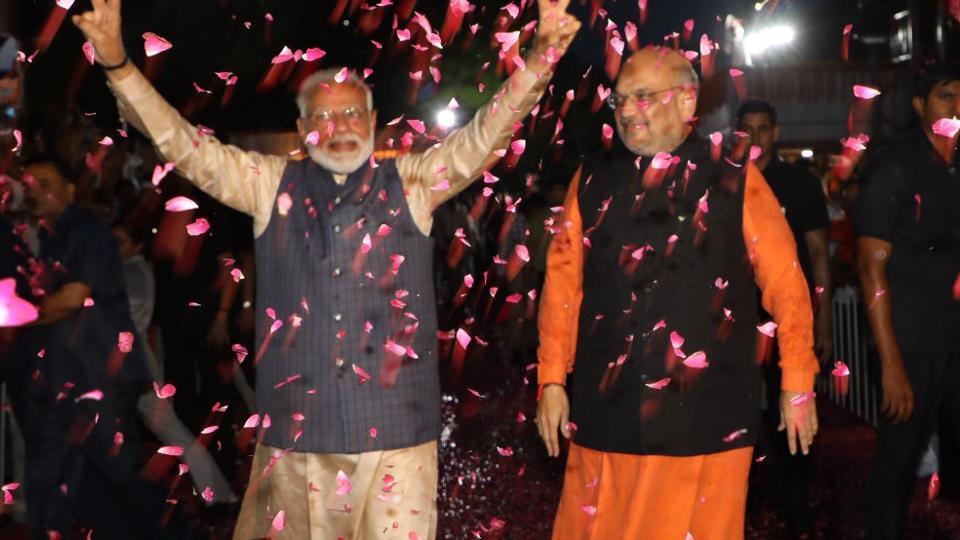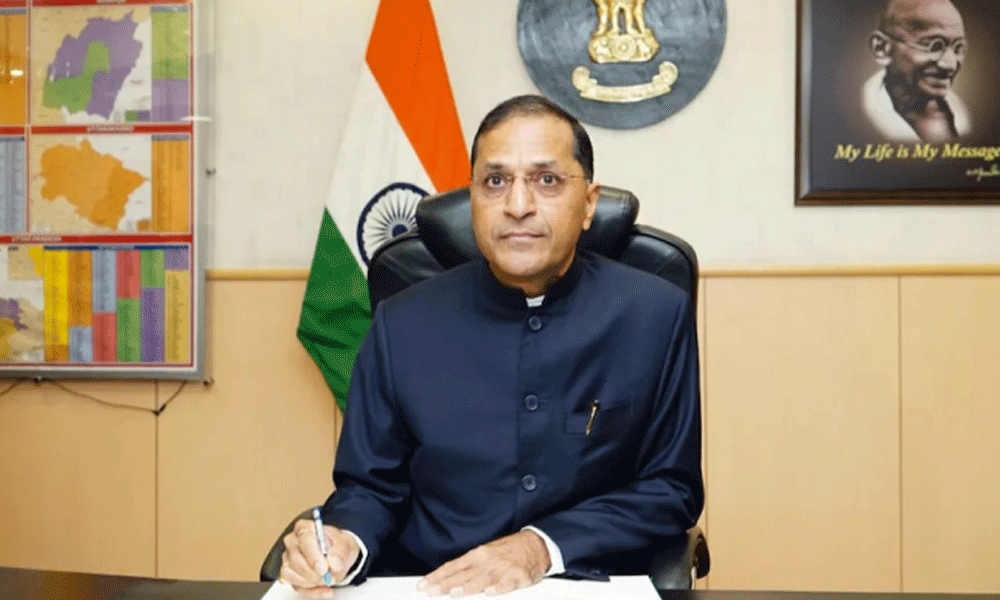The dates for the 2024 Lok Sabha elections will be announced by the Indian Election Commission at 3 p.m. today. The poll panel announced that the schedule will be revealed at a press conference in a statement that was posted on X. The Lok Sabha’s current term ends on June 16.
The results of the 17th Lok Sabha elections were announced on May 23. The elections took place in seven phases between April 11 and May 19. In the 2019 elections, 60,76,50,051 votes were cast, according to the EC.
“Landmark Victory: BJP Secures Overwhelming Majority in 2019 Lok Sabha Elections”

With the saffron party securing an overwhelming majority and taking 303 of the 458 seats in the 543-member Lok Sabha, Prime Minister Narendra Modi led the BJP to a resounding victory for a second consecutive term. Compared to 2014, when it won 282 seats, this represented a significant increase. With just 52 seats won in 2019, the Congress finished in second place. In comparison to the 2014 elections, the BJP’s overall vote share significantly increased by 6.5 percentage points. In 2019, the BJP received more than 22.6 crore of the 60.76 crore votes cast.
Also Read: Lok Sabha Elections 2024: Election Commission To Announce Election Dates on Saturday 16 March
“BJP’s Confidence Soars: Key Manifesto Promises Fulfilled Amidst Controversy”

The BJP’s confidence in winning the election has increased as a result of the fulfilment of three key promises included in its 2019 election manifesto. The removal of Article 370 in Jammu and Kashmir, the building of the Ramjanmabhoomi Mandir in Ayodhya, and now the implementation of the CAA, four years after it was passed by Parliament, were among the most prominent promises. Union Home Minister Amit Shah recently reaffirmed that the CAA is “here to stay” and that the party will not revoke it, despite criticism from a number of political parties, including the DMK in the south and the Trinamool Congress in the east, regarding the timing of the law’s implementation and their decision to oppose its application in their respective states.
“Election Commission Panel Faces Turmoil: Resignation and Appointments Amidst Controversy”

A major roadblock emerged with the abrupt resignation of Arun Goel from the Election Commission panel just as excitement was building for the announcement of poll dates. The panel had three members initially, but after election commissioner Anup Chandra Pandey retired in February, there were only two. The two new commissioners, Gyanesh Kumar and Sukhbir Singh Sandhu, took office as election commissioners on Friday after the prime minister and opposition representatives met to choose them. The Supreme Court intervened by temporarily stopping a plea challenging the appointment of the two new commissioners in the midst of Goel’s resignation and the appointment of Kumar and Sandhu.
“Maharashtra and West Bengal: Key Battlegrounds Shaping India’s Political Landscape”

With the change in political dynamics, all eyes are on Maharashtra. To compete in the state’s Lok Sabha elections, the BJP, Ajit Pawar’s NCP, and the Shiv Sena, led by Eknath Shinde, will team up. According to earlier surveys, the BJP won 23 of the 25 seats it ran for in the 2019 elections, while the Shiv Sena, which was once part of a coalition, narrowly won 18 of the 23 seats it ran for. The united NCP ran for 19 seats as a member of the opposition alliance and was successful in gaining four.
West Bengal is also a focal point. The investigation of consecutive scams in Bengal by Sandeshkhali and federal agencies may have an impact on the state’s voting trends. With matching vote shares of 40.7% and 43.3%, the BJP won 18 seats and the TMC won 22 seats in 2019. But given the BJP’s growing sway over the state—especially in the wake of Prime Minister Modi’s recent visits and the opening of India’s first underwater metro—this dynamic may change.














